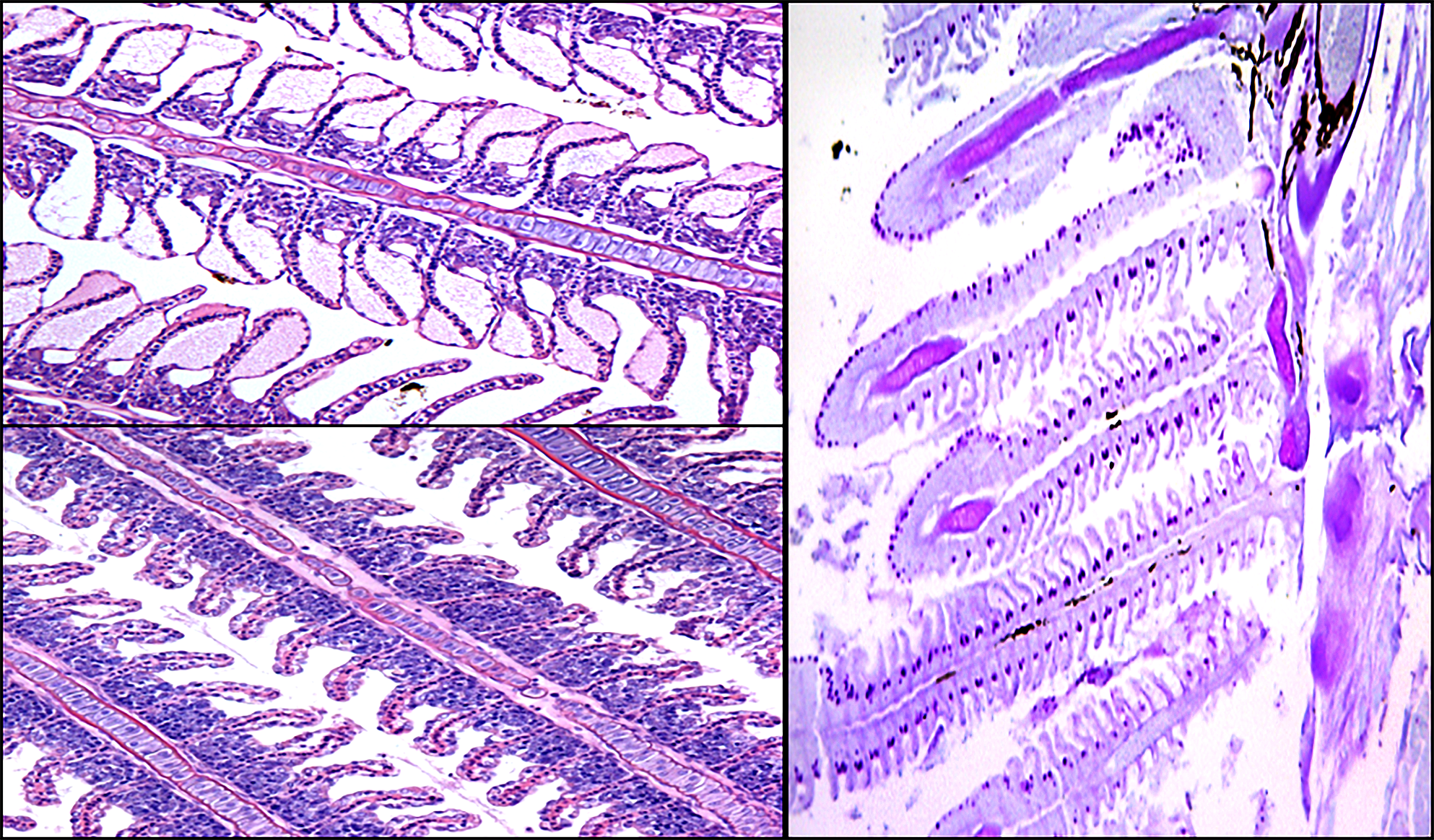Cancer is a devastating disease that will most likely touch your family in one way or another. It is also somewhat preventable according to the World Health Organization (WHO), who say that one third of cancer cases are preventable.
According to the WHO: “Tobacco is the single largest preventable cause of cancer in the world today” and causes 80-90 per cent of all lung cancer related deaths. Other examples of common causes of cancer are poor diet and obesity, which could lead to colorectum, breast, endometrium and kidney cancers.
Infectious agents are also responsible for almost 22 per cent of cancer deaths in developing countries; viruses such as hepatitis B and C and human papilloma virus are some of top contenders.
But what is cancer? We hear about the disease frequently but many are unaware of what it actually is.
The National Cancer Institute defines cancer as “a term used for diseases in which abnormal cells divide without control and are able to invade other tissues. Cancer cells can spread to other parts of the body through the blood and lymph systems.”
These abnormal cells develop as cells are being formed. Often the DNA in the cell becomes mutated.
Early detection and prevention is key to avoiding this high-risk disease.
In April of last year, ScienceDaily.com reported that scientists at the University of Missouri began experiments using gold nanoparticles and gastrin-releasing peptide to detect cancer. When injected, the two agents serve as a flagging tool for detecting early stages of cancer.
Currently, Japanese researchers are pioneering a new method for early cancer detection. A team led by Hifeto Sonoda at Kyushu University in Fukuoka, Japan has used a Labrador retriever to carry out sniff tests.
ABCScience.com reports that the black Lab performed 74 sniff tests over the course of several months. The tests consisted of five breath or stool samples where only one sample was positive for cancer. The samples were from 48 patients with confirmed cancer as well as additional 258 volunteers with no bowel cancer or people who has recovered from the disease.
The results were astounding, as the dog was able to spot cancerous samples in breath tests with 95 per cent accuracy and was 98 per cent accurate with stool samples.
The results of these tests proved to researchers that cancers give off discernable odors as they move through the body. Previous sniff tests with bladder, lung, ovarian cancers yielded similar results.
The authors of the study, published in the British Medical Journal the Gut, admit that using dogs to screen for cancer is expensive and impractical, but the goal is to one day have sensors capable of detecting the cancer related odors that the dog was able uncover.


